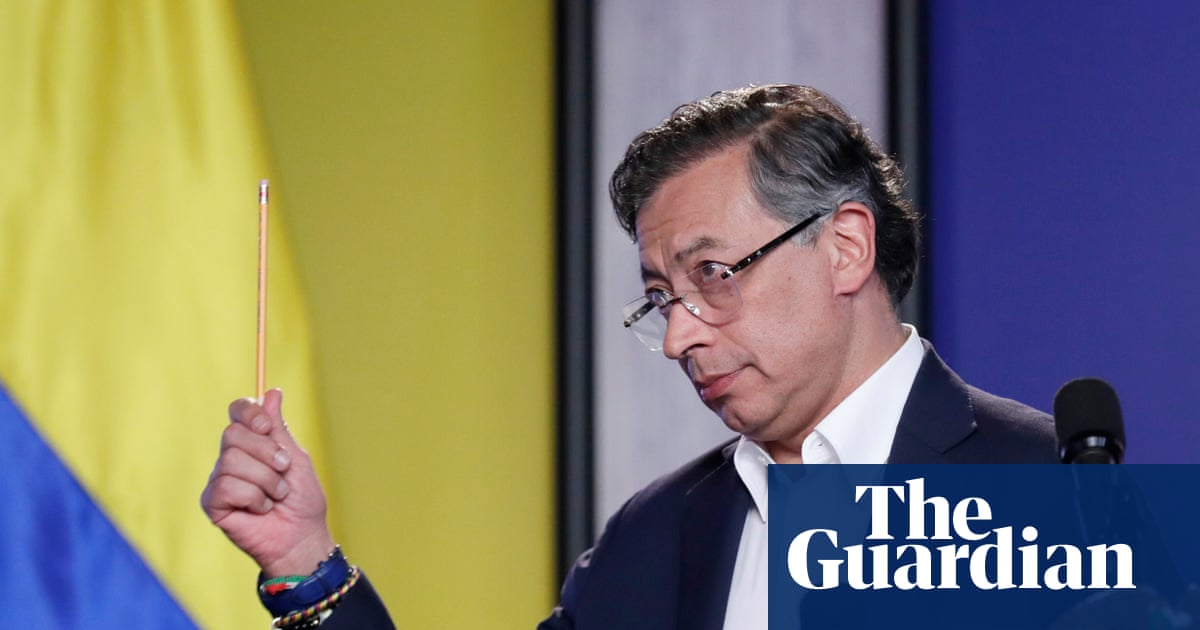“We’re really seriously considering not doing COVID vaccines this year,” said Laura Kittross, public health program manager for the Berkshire Regional Planning Commission, which coordinates with 18 Western Massachusetts municipalities.
Kennedy’s open skepticism of vaccines and his recent decisions that include changing guidelines on who should get COVID vaccines have state officials and public health professionals questioning whether they can continue to rely on what used to be a smooth-running system. In response, Massachusetts officials are exploring creating an alternate vaccine policy, which could include an unprecedented collaboration with neighboring states to replicate some of the work federal health agencies typically perform.
“At this moment we can’t always look to the CDC [Centers for Disease Control and Prevention] for the guidance we received previously,” Dr. Robbie Goldstein, the state’s commissioner of the Department of Public Health, said during a DPH-hosted panel Wednesday that focused on vaccination. “This is a little bit of building the plane while we fly it.”
The discussion was eagerly awaited by health providers throughout Massachusetts who say keeping up with vaccine recommendations is difficult enough without conflicting messages from Washington.
“Pediatricians are overwhelmed and really looking for guidance,” said Dr. Everett Lamm, cochair of the state chapter of the American Academy of Pediatrics’ Immunization Initiative.
Typically, a CDC advisory panel every June recommends vaccines for seasonal spikes in flu, RSV, and, more recently, COVID. Under Kennedy, that process has been haphazard. In June, he fired every member of the committee, and replaced them with a smaller group who generally have less experience with vaccines but share some of his political positions.
An HHS spokesperson said Kennedy considered the previous version of the Advisory Committee on Immunization Practices, or ACIP, as a rubber stamp that failed to critically evaluate scientific evidence.
“Secretary Kennedy has replaced vaccine groupthink with a diversity of viewpoints on ACIP,” the HHS statement said.
The spokesperson did not reply to questions about the delayed COVID shot recommendations.
The new ACIP committee members recommended in June that thimerosal, a preservative, be eliminated from all vaccines. The mercury-containing compound is used in just 4 percent of flu doses in the United States but has long been associated, falsely, with autism. The panel’s decision to give credence to a debunked conspiracy theory alarmed health experts.
“I think the level of trust for information coming out of the CDC right now is somewhere between negative one and zero,” said Michael Osterholm, a University of Minnesota vaccine expert who participated in the forum Wednesday.
For local authorities such as Kittross, the delay hinders efforts to protect people in one of the state’s least vaccinated regions. By this time last year, groups such as the regional planning commission would have begun ordering roughly 2,000 COVID vaccine doses.
While Berkshire County’s lower inoculation rates are in part due to a streak of vaccine hesitancy, Kittross said, it is also a consequence of limited access to medical care in a rural area.
“I think it’s really difficult for people here,” she said. “You don’t walk past a CVS on your way to work.”
It isn’t too late to order COVID vaccine, she said, but the clock is ticking, and at roughly $120 a dose, it’s a cost local health departments cannot afford to foot without a guarantee insurers will reimburse them.
Many of the state’s 351 local public health agencies face the same uncertainty, said Carlene Pavlos, executive director of the Massachusetts Public Health Alliance.
“Many are not making decisions about ordering vaccines until they know there will be insurance coverage,” she said. “If there isn’t, they will be unable to order.”
Hospitals, too, are waiting to learn whether their workers will be required to get COVID shots.
“It’s time to preorder COVID vaccines, and we don’t even know who will qualify for COVID vaccines in the fall,” said Dr. Shira Doron, hospital epidemiologist at Tufts Medical Center.
The website for the CDC advisory panel notes a meeting is expected to be held in August or September. If it does end up recommending COVID vaccines, providers would have time to obtain doses for the coming winter, officials said.
The confusion and changing guidance from the federal government prompted Governor Maura Healey to propose legislation in July to give the state more leeway in determining which vaccines are covered by its Vaccine Purchase Trust Fund, which funds free inoculations for children. Right now, the fund can support only vaccines recommended by the CDC panel.
Massachusetts is in discussions with Connecticut, Maine, New York, and Rhode Island to coordinate vaccine recommendations without input from the CDC panel, public health officials said. While in the planning stages, states would likely rely on advice from national professional societies, such as the American Academy of Pediatrics and Infectious Disease Society of America, to provide coordinated guidance to public health and medical providers.
Meanwhile, an initiative run by Osterholm of the University of Minnesota called the Vaccine Integrity Project is gathering reams of information on vaccines to help professional societies make recommendations. He acknowledged it will not be able to replicate in total the work of the CDC advisory committee.
“That was a pretty seamless system in terms of assessment,” Osterholm said. “I would just say that it’s our loss.”
Other health experts said it is important participating states coordinate recommendations, both to bolster public trust and increase the likelihood insurers will cover vaccines without federal approval. Each state giving its own vaccine recommendations would cause chaos, experts said.
“It’s OK for us to tweak the language a little bit but it’s not OK for each of us to have a different recommendation,” Goldstein said.
It is unclear, though, if insurers, which are required to cover vaccines recommended by the CDC panel, would do the same for those suggested by regional public health collaboratives. In a statement, Blue Cross Blue Shield, Massachusetts’ largest private insurer, said it did not rely exclusively on CDC recommendations to determine what vaccines it would cover.
“We strongly support vaccine access and view it as a critical part of public health and preventive care,” Blue Cross said in the statement. “When deciding what vaccinations to cover, we examine the published evidence as well as national guidelines from expert bodies.”
Goldstein said other insurers have been open to relying on vaccine authorities other than the federal government. It saves insurers money to prevent costly illnesses in their customers, he said.
MassHealth, the state-run Medicaid program, said in a statement that it is able to cover vaccines not recommended by the CDC panel.
Kennedy has in many ways reshaped the federal public health apparatus to reflect his skeptical, and in some cases unproven views on vaccine safety and efficacy. The CDC lifted COVID vaccine recommendations for healthy children and pregnant women and this month Kennedy canceled $500 million in federal funding for research to create new mRNA vaccines. MRNA vaccines protected millions of people during COVID and can be produced quickly, making them a potentially lifesaving resource during another pandemic.
Yet even if Massachusetts can establish a vaccine policy independent of Washington, the fracturing of what used to be a consensus among public health authorities could worsen the country’s already significant undercurrent of vaccine hesitancy.
“I think we’re already seeing that it’s impacting vaccination rates,” Goldstein said. “National rhetoric has increased vaccine hesitancy on all types of vaccines.”
Jason Laughlin can be reached at jason.laughlin@globe.com. Follow him @jasmlaughlin.

